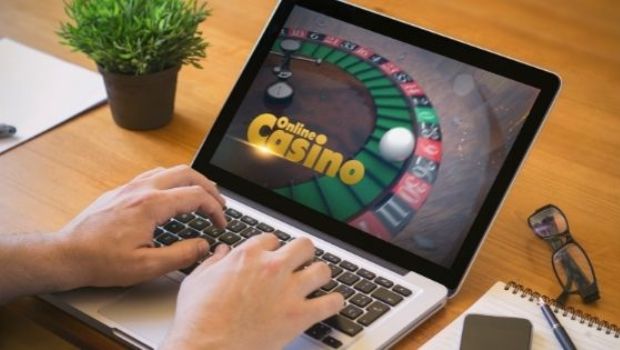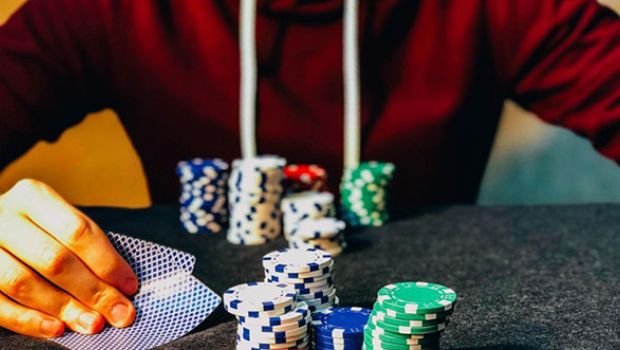Top online poker rules for beginners
January 29, 2021 1:47 am
We are currently living in a world controlled by the internet. Mot economies have technology as the backbone. Due to this widespread embracement of the internet, the current generation is taking it upon themselves to earn a living off the internet.
One of the platforms that hold enormous social and economic value is online gaming and betting. Online gaming allows people to interact in times where physical interactions are not kept prominent. Online poker is one lucrative venture that can help bring you a fortune if used correctly. Poker is a simple game to learn and play. However, the rules governing the game can be challenging for a starter. Compiled below is a guide on how to grow from a starter poker player to sharing the table with online poker moguls.
i. Do not be greedy
One golden rule a poker should always remember is that playing more is equal to winning more. By not letting greed lead you, a poker player will know the right time to play the best to withdraw their hand. A qualified poker player on getting excited by signs of a right hand; if the hand has been off, a poker player with hold back until it is the right time to join the table again. A good poker player is patient, waiting for their gaming season or positive energy.
ii. Strike hardest when you have the odds on your side
There is no 100% guarantee of winning all games in any play. It is, therefore, professional for a poker player to master their energy patterns. When playing with a right hand, a poker player should maximize the opportunity and earn more. Therefore, this maximization of energy will cover even the losses incurred in the season. The trick to remaining relevant in the game is winning with huge margins but losing minimal margins. It is therefore advisable to invest more when playing with a right hand and play cautiously. However, it is better to invest less when playing with the feeble hand, thus minimizing the loss margin.
iii. Bluffing is an art; master it.
As opposed to a common misconception, bluffing is not a science but an art. Although bluffing is real fun, professional poker players know how to do it cautiously. This practice can be harmful and is not a to-do thing in any game; nevertheless, it is not mandatory to practice bluffing in online poker. However, if a poker player is confident about their bluffing skills, he/she can pursue this fun activity.
iv. Do not be stubborn just because the pot has your chips.
Never let the money you've deposited in the pool hold you back from exiting a game that is already heading into the drains. Staying in the game with evident indications of loss only aggravates the player's losses. Throwing more money when playing on your feeble hand will not turn around the fate of the game. Instead, you will incur more losses than you would have incurred if you pulled out of the table earlier enough.
v. Poker is not an escape route for your depression.
Do not play poker when stressed or in a bad mood. Poker is a game that requires critical thinking and analysis. These two skills are hard to tap when your mind is troubled. Do not tie down your emotions to the money you are investing either; remember, poker is as much as an investment; it is a risk. Never let your opponent know that you are not in the correct state of mind when playing. This will open leeway for exploitation and expose you to losses; your opponents will engage you in mind games that you won't pull through.
vi. Familiarize yourself with your opponents
Studying your opponents is a cardinal rule. Whether playing or not, a poker player needs to master their opponent's ways. Learning this way makes it easier to count their steps when playing or even further ahead of the opponents. This skill also comes in handy while bluffing. Mastering your opponents' actions is a game-changing phenomenon that guarantees success.
vii. Never be the small fish.
This rule points out the need for each poker layer to know their place. A knowledgeable poker player aims at playing with opponents who are of the same level as him. In any case, each player should strive to be the best at the table. It is best when a newbie poker player starts with deposit free trial game. This warms the player up to the real competition. After joining the real money market, the acquired skills are put to the test. As the level increase, so does the experience of the opponents. The player should therefore brace themselves for growth and more challenges.
viii. Analyze your game when done
A professional online poker player always reviews this game after playing. Also, good poker players learn from their mistakes. Therefore, poker players need to check their games, understand their strengths and weak points, and work with them for maximum profits.
Despite having numerous resources on how to play and the rules to follow, only one's passion and skills guarantee wins. Therefore, each player needs to polish their skills and make a real venture into gaming instead of dwelling on theoretical experience.



